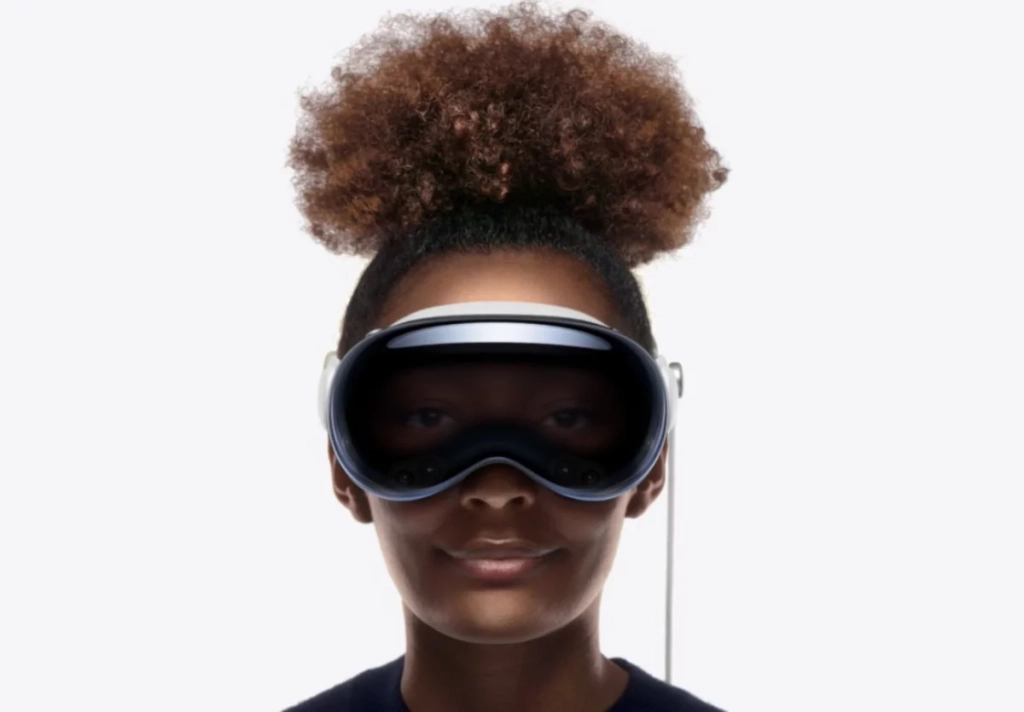According to an article in the scientific journal Nature, computer science in the USA is suffering from high losses due to a lack of diversity.

Black and Hispanic people face greater hurdles in the United States to work in technology companies and participate in computer science education. This emerges from an article in the renowned scientific journal Nature. The obstacles would have “far-reaching consequences for science and society as a whole”.
Disadvantaged by biased software
“Computers can be found in healthcare, transportation, education, finance, and many other areas,” says computer scientist Juan Gilbert. However, recent reports have found that when diversity is lacking, software implementations can be biased, affecting certain (marginalized) people.

In other countries, too, there is insufficient diversity in computer science and in scientific, technical, engineering, and mathematical subjects (MINT subjects). But the problem is particularly acute in the United States, which spends far more than any other country on research and development and is home to many of the largest tech companies.
In line with the high spending, professions with a strong IT background are among the fastest growing employment sectors in the USA. The US Bureau of Labor Statistics projects future jobs in this field will grow three times faster than average, and faster than other STEM fields. However, Black, Latino, and Indigenous people are still underrepresented in these jobs. While blacks and Hispanics make up 13 and 18 percent of the US labor force, they occupy only 7 and 8 percent of computer jobs.
The Bureau of Labor Statistics is also registering a widening gap at universities. While more than 11 percent of blacks received a bachelor’s degree in computer science in 2013, the proportion had fallen to less than 9 percent by 2020. The Nature article, therefore, speaks of “losses in computer science”.






Leave a comment